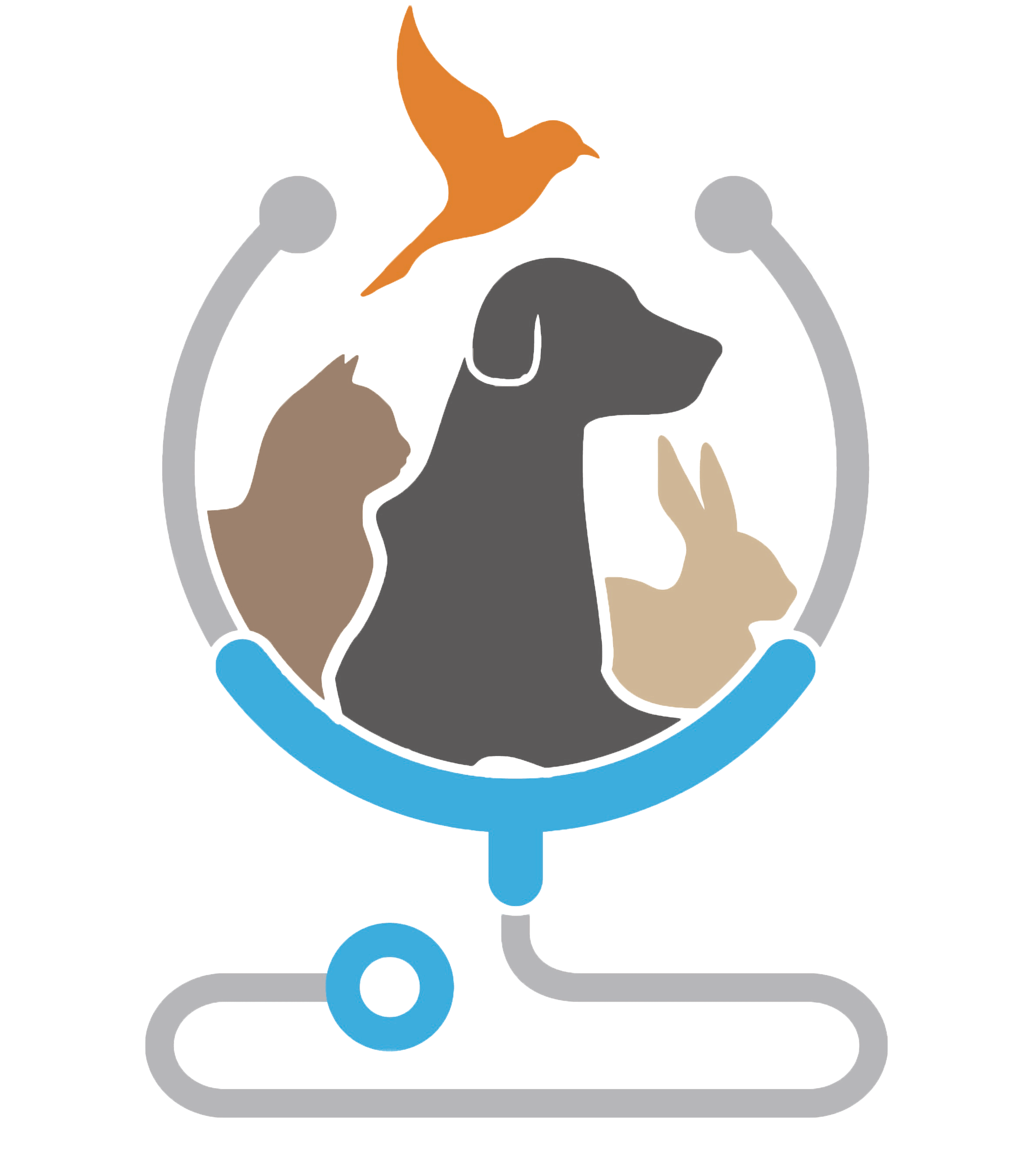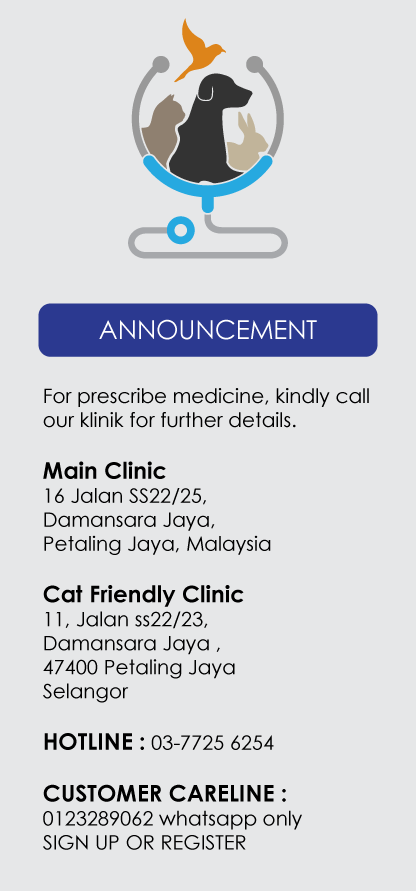Pusat Veterinar Healing Pets
We’re open Monday 11 – Friday, 9 a.m. – 6.00 p.m.
Saturday, 9am – 5pm
Sunday, 10am – 2pm
Frequently Asked Questions
Please read our FAQ before sending us a message.
We currently perform surgeries on Tuesdays and Thursdays because our kennel space is somewhat limited. When animals spend the night following a surgery, we do not have enough space for new surgery patients until our post operative patients are taken home.
Please take their food away by 10:00 PM the night before surgery. We will feed them once they fully recover from anesthesia. There is no need to limit their access to water at any time.
We usually allow a patient that is neutered to go home the day the surgery is performed, but any pet that is spayed and/or declawed generally spends the night here at the clinic. You may pick up animals that spend the night for a surgery at your convenience the very next day. In some circumstances, we may keep your pet for a longer period depending on the type of procedure and the severity of the animal’s condition.
Spaying or neutering your pets can greatly reduce their risk of developing many types of cancer later in life. Spaying your animals will also reduce/eliminate the chances of your pets developing a uterine infection called a pyometra which can be a life threatening condition. It may also decrease or even eliminate unwanted behaviors such as aggression or running off. Spaying or neutering your pets is also the only way to do away with unwanted litters of puppies or kittens without placing an extra burden on animal shelters.
We generally recommend waiting until your animal is 4 months of age to try to avoid any urinary incontinence issues from spaying or neutering them too young. We also try to spay animals before they have their first heat cycle because doing so greatly reduces their risk of developing mammary tumors.
Bad breath, inflamed gums, plaque and tartar buildup, and loose teeth are all of great concern when it comes to the health of your animal’s mouth. If you notice any of these signs, please bring your pet in for a dental checkup or schedule a dental cleaning. If your pet’s teeth are not in need of a cleaning at the time of the checkup, we can give you recommendations to help maintain your pet’s overall mouth health such as helpful treats/toys, teeth brushing, and other pet safe dental products. If your animal is at greater risk of complications during anesthesia, we have products that can help improve mouth health and remove plaque and tartar buildup without performing a dental cleaning.
Send us an email

